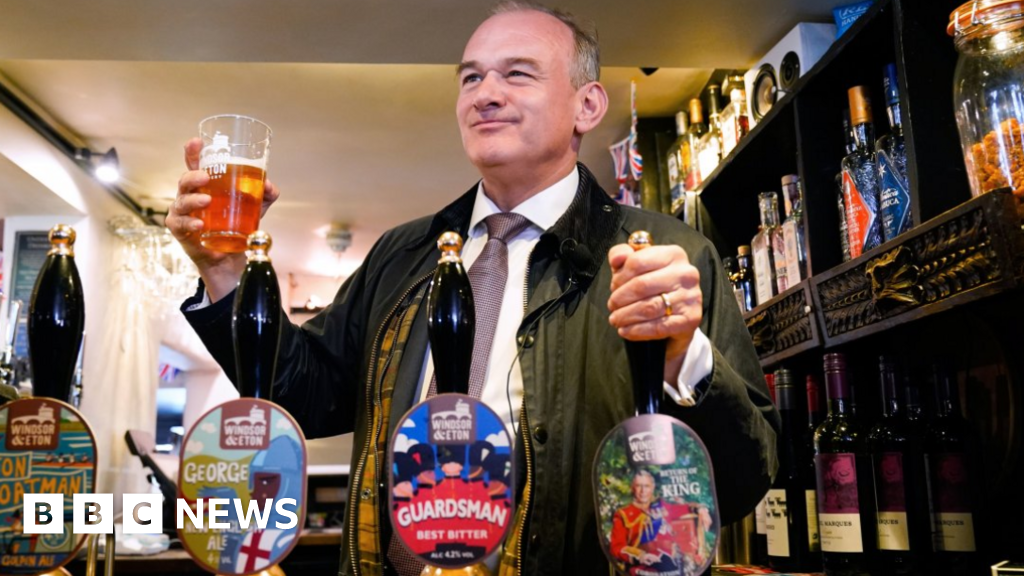
The Liberal Democrats are calling for a 5% cut in VAT in this month’s budget to support the UK’s ailing hospitality sector and their hard-pressed customers.
Deputy leader and Treasury spokesperson Daisy Cooper has called on the Chancellor to cut VAT from 20% to 15% to boost footfall in Britain’s pubs, restaurants and entertainment venues.
She said the government should step in to help people obtain “small joys”, such as a meal in a restaurant.
This could be funded by a new windfall tax on big banks, originally proposed by the IPPR think tank, which Cooper claimed could raise around £30bn in total between now and 2030.
More than half of people think going out to a pub or restaurant was now unaffordable for, according to recent polling from More in Common.
Cooper said: “People are working with their nose to the grindstone all month and have next to nothing left over after sky-high bills and spiralling food prices.
“In years gone by people knew they could look forward to fish and chips with their family on a Friday night or a weekend trip to the cinema.
“Now those small joys – the ones that make life worth living – are becoming an unaffordable luxury for too many.”
Chancellor Rachel Reeves is expected to break Labour’s manifesto commitment not to increase income tax, VAT or National Insurance in her Budget later this month, and has suggested she will ditch the two child benefit cap.
She is not expected to cut VAT. The Treasury has been contacted for a response to the Lib Dem policy proposal.
The Lib Dems are also calling on the chancellor to cut energy bills by about £90 a year through axing the main renewables levy, which she claimed would bring energy bills down to the second lowest level since the energy crisis began in 2022.
The Liberal Democrats say their two-pronged approach could be put in place immediately for the next 18 months and would save the average family £270 a month between now and April 2027.
The package would cost £12bn, the party said, with the VAT cut costing £7.5bn and replacing the current renewables obligation levy £4.5bn.
The windfall tax on big banks is estimated to bring in about £7bn a year to the Treasury.
Cooper also called for the big bank levy to fund £2bn of capital investment for a new Energy Security Bank, which would include funding for green energy home loans.
The Lib Dem sources said their Energy Security Bank would need two years to set up, taking its launch to the 2027-28 financial year, and use some of the remaining £18bn raised by the levy between April 2027 and April 2030.
Reducing energy bills is a key focus of all the main parties, and the Liberal Democrats have now joined the Conservatives in calling for an end to the renewables obligation.
The Green Party, like Labour, is firmly focused on ending the use of oil and gas, but Reform UK wants to scrap clean energy targets altogether, tax renewable energy, and go back to using fossil fuels and fracking.
Labour is focused on expanding renewables to meet its manifesto pledge to cut energy bills by “up to £300 by 2030” and end the UK’s reliance on fossil fuels, especially from countries like Russia.
Disclaimer : This story is auto aggregated by a computer programme and has not been created or edited by DOWNTHENEWS. Publisher: BBC





